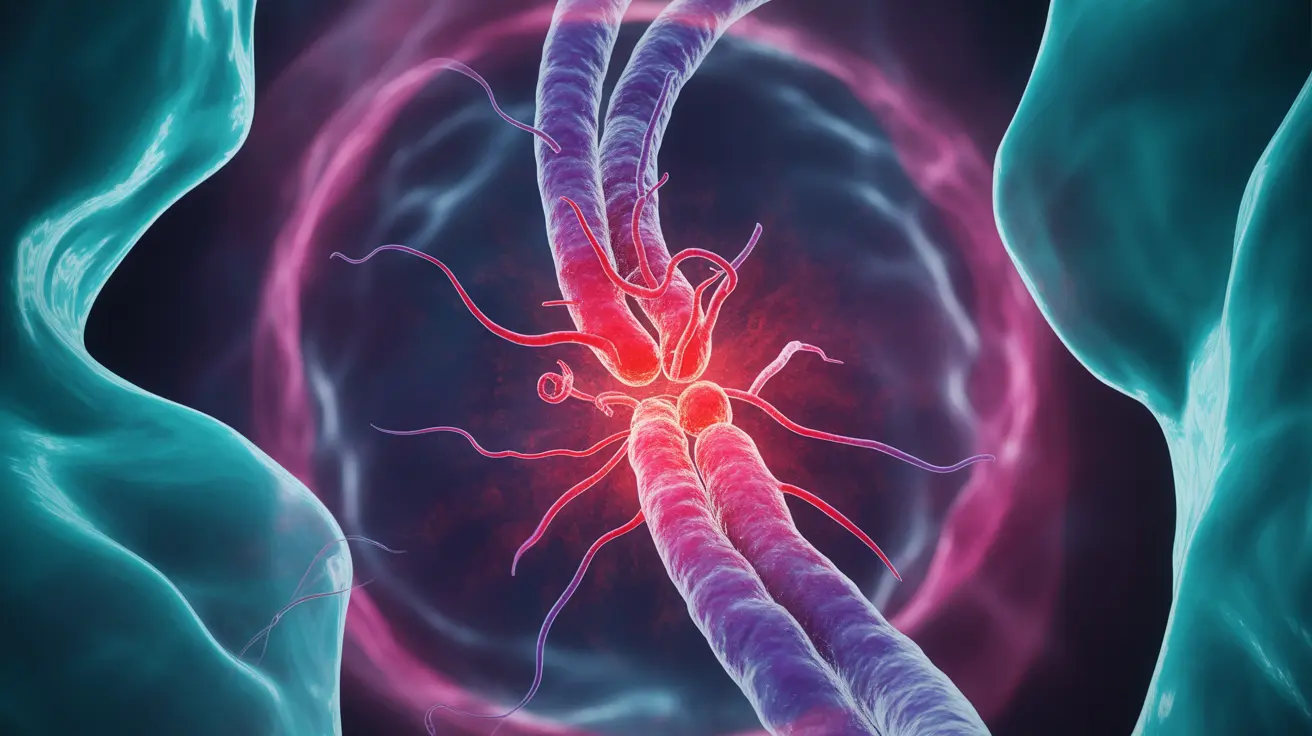Poppers are inhalant drugs containing alkyl nitrites that have gained attention for their recreational use. Understanding what poppers do to the body and their potential risks is crucial for public health awareness and harm reduction. This article explores the physiological effects, health considerations, and important safety concerns associated with popper use.
How Poppers Work in the Body
Poppers primarily affect the body's cardiovascular system by causing rapid blood vessel dilation. When inhaled, these volatile liquids quickly enter the bloodstream through the lungs, leading to several immediate physiological changes:
- Immediate drop in blood pressure
- Increased heart rate
- Relaxation of smooth muscles
- Rush of blood to the head
- Temporary euphoric sensation
These effects typically begin within seconds of inhalation and last for several minutes. The rapid onset and short duration are key factors in their recreational use patterns.
Health Risks and Safety Concerns
Immediate Side Effects
The use of poppers can result in several immediate side effects that users should be aware of:
- Severe headaches
- Dizziness and disorientation
- Nausea and vomiting
- Excessive sweating
- Irregular heartbeat
Long-term Health Impacts
Regular or prolonged use of poppers can lead to more serious health complications:
- Weakened immune system
- Damage to blood cells
- Chemical burns if liquid contacts skin
- Increased risk of respiratory issues
- Potential cognitive effects
Vision and Skin Concerns
One of the most serious potential complications of popper use is damage to vision. Research has linked these substances to retinal damage, particularly when used frequently or in high doses. Additionally, direct contact with the skin can cause severe chemical burns and dermatological issues.
Vision Risks
Studies have documented cases of vision problems associated with popper use, including:
- Temporary or permanent vision loss
- Changes in color perception
- Blind spots in central vision
- Light sensitivity
Dangerous Drug Interactions
The combination of poppers with certain medications can be extremely dangerous or fatal. This is particularly true for erectile dysfunction medications like Viagra or similar drugs. The combination can cause a severe and potentially fatal drop in blood pressure.
High-Risk Combinations
Users should be especially cautious about mixing poppers with:
- ED medications
- Blood pressure medications
- Heart medications
- Other recreational drugs
- Alcohol
Addiction and Dependency Concerns
While poppers are not considered physically addictive in the traditional sense, users can develop psychological dependency. Regular users may experience increased tolerance and feel a compulsion to use poppers in certain situations, leading to risky behavior patterns.
Frequently Asked Questions
What do poppers do to the body and how do they work?
Poppers cause rapid blood vessel dilation when inhaled, leading to decreased blood pressure, increased heart rate, and a temporary rush sensation. They work by releasing nitric oxide in the body, affecting smooth muscle tissue and blood flow.
What are the health risks and side effects of using poppers?
Common side effects include headaches, dizziness, nausea, and irregular heartbeat. More serious risks include chemical burns, damaged blood cells, and potential immune system suppression with regular use.
Can poppers cause vision or skin damage?
Yes, poppers can cause both vision and skin damage. Vision problems can include temporary or permanent retinal damage, while skin contact with the liquid can result in chemical burns and irritation.
Why is it dangerous to use poppers with erectile dysfunction medications like Viagra?
The combination of poppers with ED medications can cause a dangerous and potentially fatal drop in blood pressure, as both substances affect blood vessel dilation and blood pressure regulation.
Are poppers addictive or can you become dependent on them?
While poppers are not typically physically addictive, users can develop psychological dependency and behavioral patterns of compulsive use, particularly in specific social or sexual situations.




